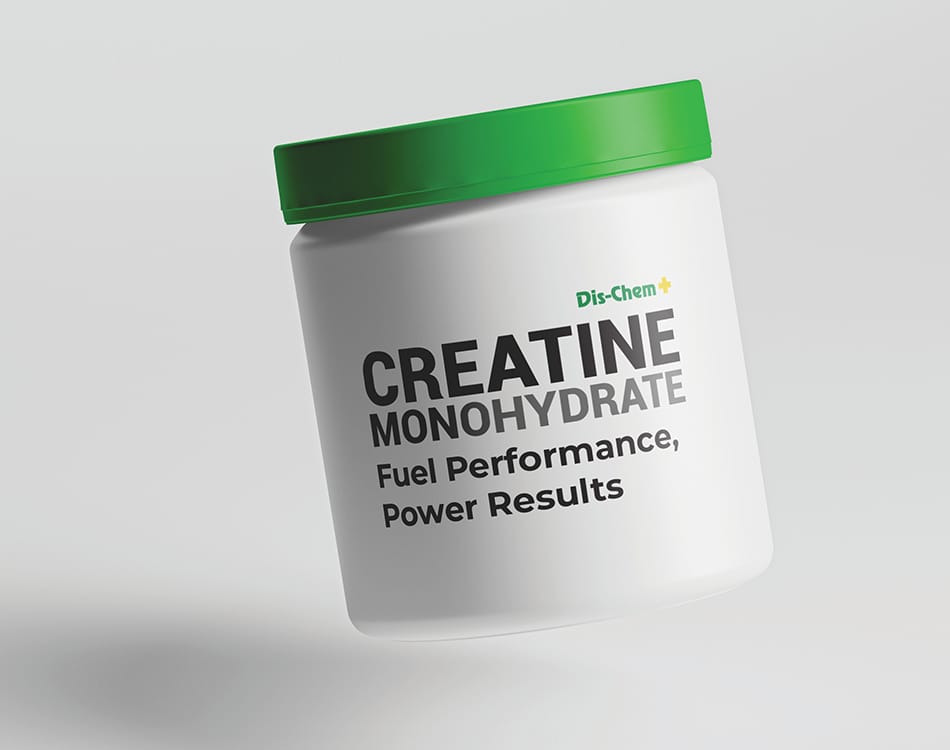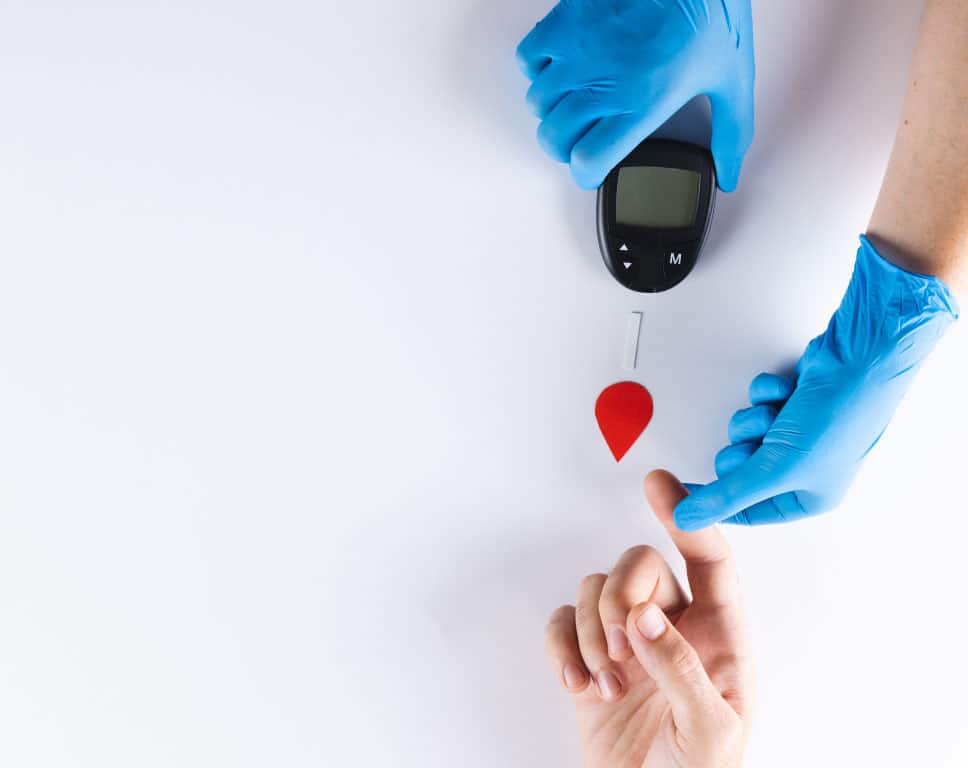There are many reasons to embrace a vitamin D3 supplement during winter. We explore three of the most important…
When it comes to boosting winter immunity, we typically encounter a quirky paradox. At a time when our bodies can benefit from extra exposure to sunlight, we’re usually wrapped up warmly in multiple layers.
We need to expose our skin to sunlight regularly to produce vitamin D3. Ultraviolet B (UVB) rays trigger a process that converts a molecule found in skin cells (called 7-dehydrocholesterol) into pre-vitamin D3, which is an intermediate substance in the production of the usable form of vitamin D, called cholecalciferol (vitamin D3).
Once formed, skin cells release vitamin D3 into the bloodstream where the liver absorbs it and converts it into a form the body can store.
As a fat-soluble vitamin, we store the bulk of our vitamin D in fat cells. In the last step in the process, the kidneys convert vitamin D released by fat cells into the active form (known as calcitriol), which your body uses for various vital functions.
READ MORE | Boost your immune system with vitamin D3
Why we need vitamin D3
We need sufficient vitamin D3, especially in winter, as it has an important role in our immune response, in addition to other health and performance benefits.
-
A stronger immune response
Studies suggest that vitamin D helps regulate our innate and adaptive immune responses1.
Adequate vitamin D levels help immune cells like macrophages and natural killer cells defend against invading germs, while a deficiency is associated with increased autoimmunity (a condition where the body’s defence system, the immune system, mistakenly attacks healthy tissues) and an increased susceptibility to infection2.
There is also scientific evidence showing that vitamin D supplementation can lower the risk of getting acute respiratory infections3 by potentially influencing how your body responds to respiratory viruses, particularly among those with a deficiency.
-
Stronger bones
Vitamin D3 is also vital for bone health as it promotes calcium absorption, which is a crucial mineral for building and maintaining strong bones. A vitamin D deficiency can lead to conditions like rickets in children and osteoporosis in adults4.
-
Better performance
Our muscles also have vitamin D receptors, and studies link adequate vitamin D3 levels to improved muscle strength and function5. A deficiency might contribute to muscle weakness and an increased risk of falls, especially in older adults5.
Deficient in vitamin D
In addition to spending less time outdoors in the sun, especially during winter, we also typically get less diet-derived vitamin D through the food we eat, especially those who avoid dairy due to a milk allergy or lactose intolerance or adhere to a strict vegan diet.
For these reasons, vitamin D deficiency is a growing health concern worldwide. A large 2023 meta-analysis6 showed that 15.7% of the world’s population were clinically deficient (vitamin D levels less than 30 nmol/l) while a staggering 47.9% were at risk of potential deficiency (30-50 nmol/l)
The study also showed that people living in high-latitude areas had a higher prevalence and the prevalence in the winter-spring period was 1.7 times that in the summer-autumn period.
READ MORE | Dose up on vitamin D this summer for health benefits
Boosting vitamin D levels
Sun exposure is the most natural and effective way to boost vitamin D levels. However, factors like skin tone, season, and location can affect how much your body produces. And, while sunlight is crucial, excessive sun exposure carries health risks, so moderation is key.
A smart way to get additional vitamin D this winter is from what you eat and drink. A diet that includes vitamin D-rich foods, which include fatty fish, eggs, and mushrooms, can contribute positively to your vitamin D intake. You can also include fortified foods that have added vitamin D.
You also have various supplement options, with vitamin D products available in various forms, including powders, capsules, tablets and sprays.
Vitamin D3 is generally considered the most effective option to boost circulating levels of vitamin D’s active form.
Tablets and capsules are the most common form of vitamin D3 supplements available, with vitamin D3 sublingual (under the tongue) sprays emerging as a recent innovation to boost absorption.
READ MORE | Brighten up your health with vitamin D
Taking a holistic approach
While vitamin D supplements can boost levels to support immunity, health and performance, these products are not a magic bullet.
Maintaining a healthy lifestyle with a balanced diet that includes foods rich in vitamin D, sufficient sleep, managing stress, exercising regularly, and getting safe levels of sunlight exposure are all crucial to boosting your levels.
If you’re unsure about your vitamin D levels, a blood test in consultation with your doctor can help determine if supplementation is right for you. A medical professional will interpret the test results and advise you on the appropriate dosage based on your individual needs and potential interactions with any medications you’re taking.
References:
- Ghaseminejad-Raeini Amirhossein , Ghaderi Ali , Sharafi Amirmohammad , Nematollahi-Sani Behrad , Moossavi Maryam , Derakhshani Afshin , Sarab Gholamreza Anani. Immunomodulatory actions of vitamin D in various immune-related disorders: a comprehensive review. Frontiers in Immunology. 2023, Volume 14. DOI=10.3389/fimmu.2023.950465. ISSN=1664-3224.
- Aranow C. Vitamin D and the immune system. J Investig Med. 2011 Aug;59(6):881-6. doi: 10.2310/JIM.0b013e31821b8755. PMID: 21527855; PMCID: PMC3166406.
- Jolliffe DA, Camargo CA Jr, Sluyter JD, Aglipay M, et al. Vitamin D supplementation to prevent acute respiratory infections: systematic review and meta-analysis of aggregate data from randomised controlled trials. medRxiv [Preprint]. 2020 Nov 25:2020.07.14.20152728. doi: 10.1101/2020.07.14.20152728. Update in: Lancet Diabetes Endocrinol. 2021 Mar 30;: PMID: 33269357; PMCID: PMC7709175.
- Lips P, van Schoor NM. The effect of vitamin D on bone and osteoporosis. Best Pract Res Clin Endocrinol Metab. 2011 Aug;25(4):585-91. doi: 10.1016/j.beem.2011.05.002. PMID: 21872800.
- Halfon M, Phan O, Teta D. Vitamin D: a review on its effects on muscle strength, the risk of fall, and frailty. Biomed Res Int. 2015;2015:953241. doi: 10.1155/2015/953241. Epub 2015 Apr 27. PMID: 26000306; PMCID: PMC4427016.
- Cui Aiyong, Zhang Tiansong, Xiao Peilong, Fan Zhiqiang, Wang Hu, Zhuang Yan. Global and regional prevalence of vitamin D deficiency in population-based studies from 2000 to 2022: A pooled analysis of 7.9 million participants. Frontiers in Nutrition. 2023. Volume 10. DOI=10.3389/fnut.2023.1070808. ISSN=2296-861X.















